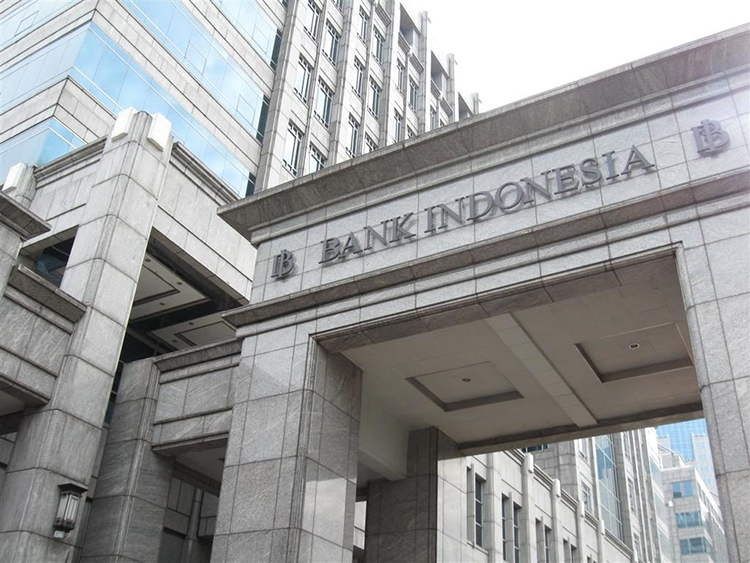
Indonesia’s central bank is not raising interest rates, even as consumer prices rebounded sharply in June, beating forecasts and breaching their target range on rising food prices.
The annual inflation rate increased to 4.35% in June, the highest level since June 2017. Last month, the figure was 3.55%.
The Bank of Indonesia (BI) aimed to keep inflation in the 2% to 4% range.
However, the annual core inflation rate in June was below market expectations and amounted to 2.63%. The poll predicted a level of 2.72%, while the May figure was 2.58%.
BI Gov. Perry Warjiyo said the data showed low core inflation and low government-controlled price inflation due to large subsidies keeping energy prices flat.
“Core inflation is relatively low, so that it provides room for flexibility for us to not be in a rush to raise interest rates,” he said. This reiterated a promise to keep interest rates low until BI felt the effects of fundamental price pressures.
Trade commodities and popular assets with Top Forex brokers in Indonesia
BI, one of the banks not keen on lobbying for high interest rates, said it would focus more on core inflation rather than the overall rate to determine the pace of its post-pandemic normalization.
An analysis of the latest data showed that the increase in inflation was mainly driven by higher prices for commodities such as chili peppers, shallots, eggs, and transport tariffs.
The head of Indonesia’s statistics agency, Margo Juwono, said that high global prices for wheat, sugar and soybeans have so far had a limited impact on domestic inflation, and while flour and noodle producers have faced rising costs, this has not affected consumers.
Bank Permata economist Josua Pardede said any change in BI policy is likely to be driven by the rupee, which has been under pressure since June due to capital outflows associated with the tightening of monetary policy by the US Federal Reserve.
“Commentary in the run-up to the July meeting will be scrutinised for signs of change in stance in light of narrowing US-ID rate differentials and (an) under pressure currency,” said DBS economist Radhika Rao.
Subscribe for our newsletter
Get Forex brokers reviews, market insights, expert analytics and education material right into your inbox for free!